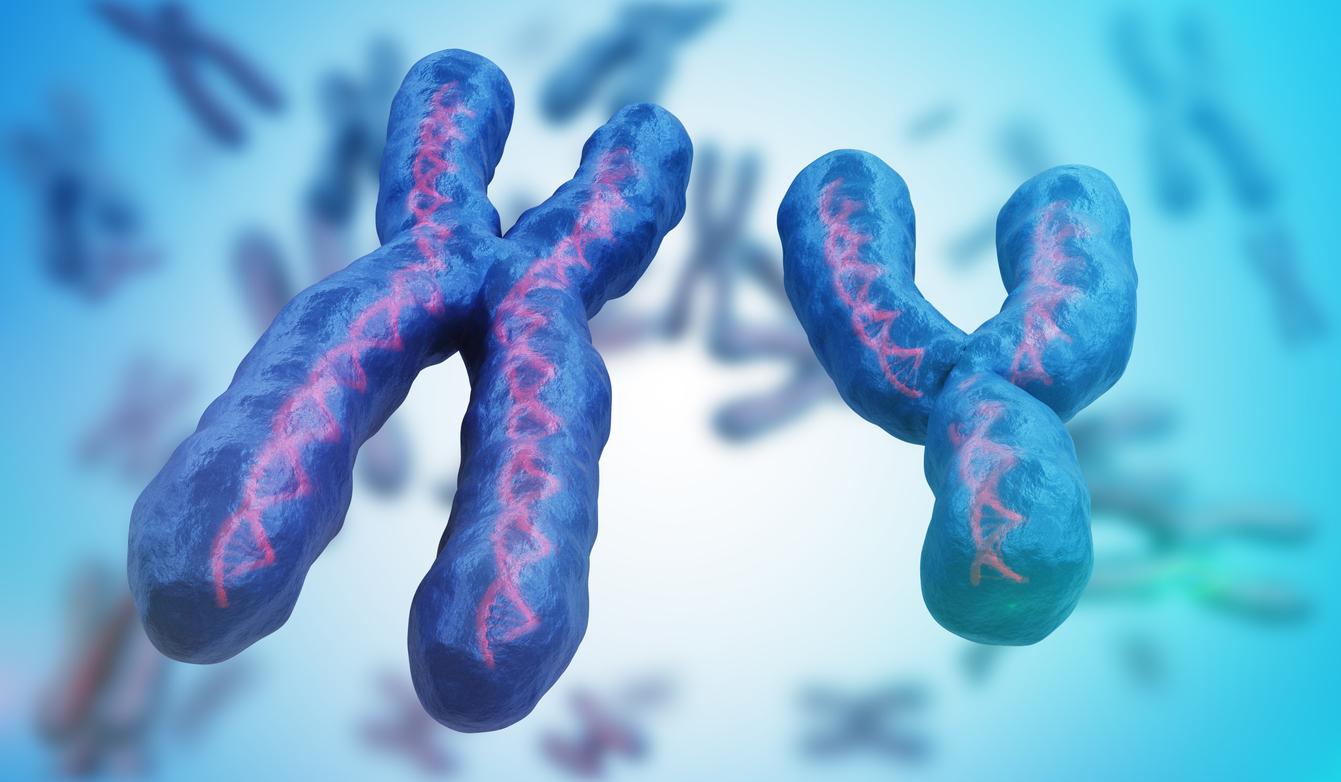Autism, a complex neurodevelopmental disorder, is regularly in the media. A phenomenon that sparks debate: has this excessive media coverage led to psychosis among parents, or is it a necessary and beneficial step towards increased awareness and earlier diagnosis of autism?

- Autism is a disorder that receives particular media attention.
- This strong media coverage could lead many families to suspect autism at the slightest incident in their child’s development.
- However, according to the WHO, this disorder is currently underdiagnosed, particularly in the most disadvantaged areas.
What if autism has become a “trendy” condition that is talked about a little too much for that reason alone? Some argue that the constant media attention has created disproportionate fear and worry among parents.
Parents’ fear of possible signs of autism may lead to overmedicalization
These fears can lead to overmedicalization, with families seeking evaluations and diagnoses for their children based on behaviors that may be completely normal. It is crucial to remember that each child develops at their own pace and that behaviors that may seem “atypical” may actually be part of the normal spectrum of childhood development.
Autism, an underdiagnosed disorder?
However, there is another side to this issue that is worth examining. According to the World Health Organization, 1 in 160 children are diagnosed with autism spectrum disorder (ASD). Many experts and researchers argue that autism is actually underdiagnosed, particularly in girls, people of color, and individuals from lower socioeconomic backgrounds.
Diagnosing autism early is crucial
In addition, early diagnosis is crucial for intervention and support of the autistic child, so the more publicized the disease is, the more likely parents are to recognize the signs and seek help. It is important to note that diagnosing autism is a delicate process that requires a thorough evaluation by mental health professionals. The increased attention to autism should not be a source of anxiety for parents, but rather an opportunity for education and awareness.
Child development that does not follow defined paths
While the media coverage of autism can cause concern for some parents, it also has the potential to increase early identification of this complex condition. It is crucial that information about this disorder is accurate and based on sound scientific research in order to effectively educate the public and support families affected by autism. It is also important that parents are reassured that every child is unique and that development does not always follow a set pattern. Variations in behavior and development can be completely normal and should not necessarily be a cause for concern..

















